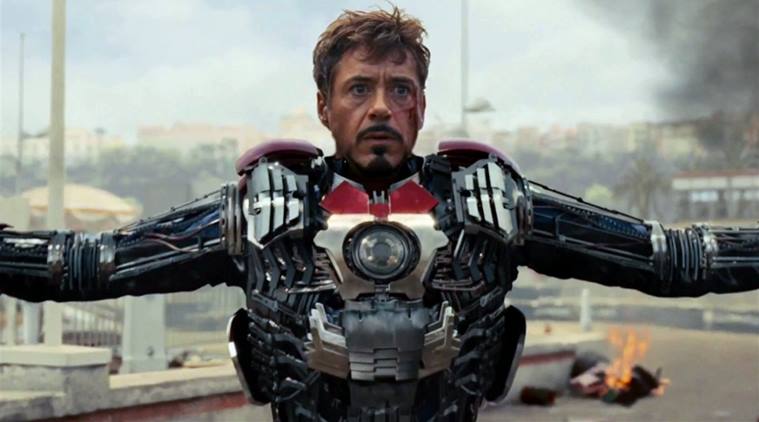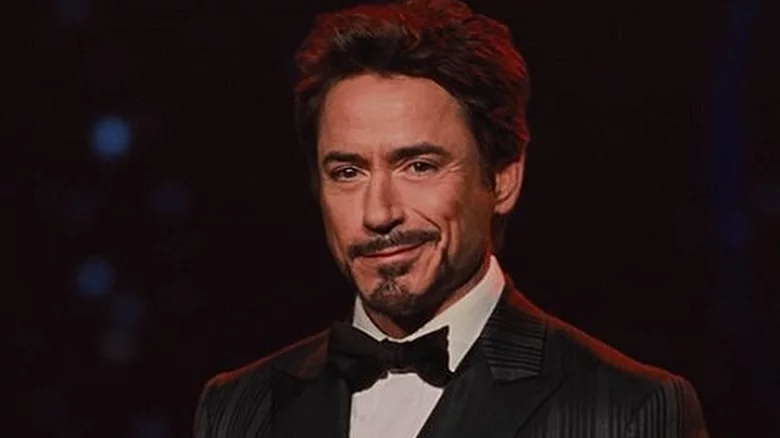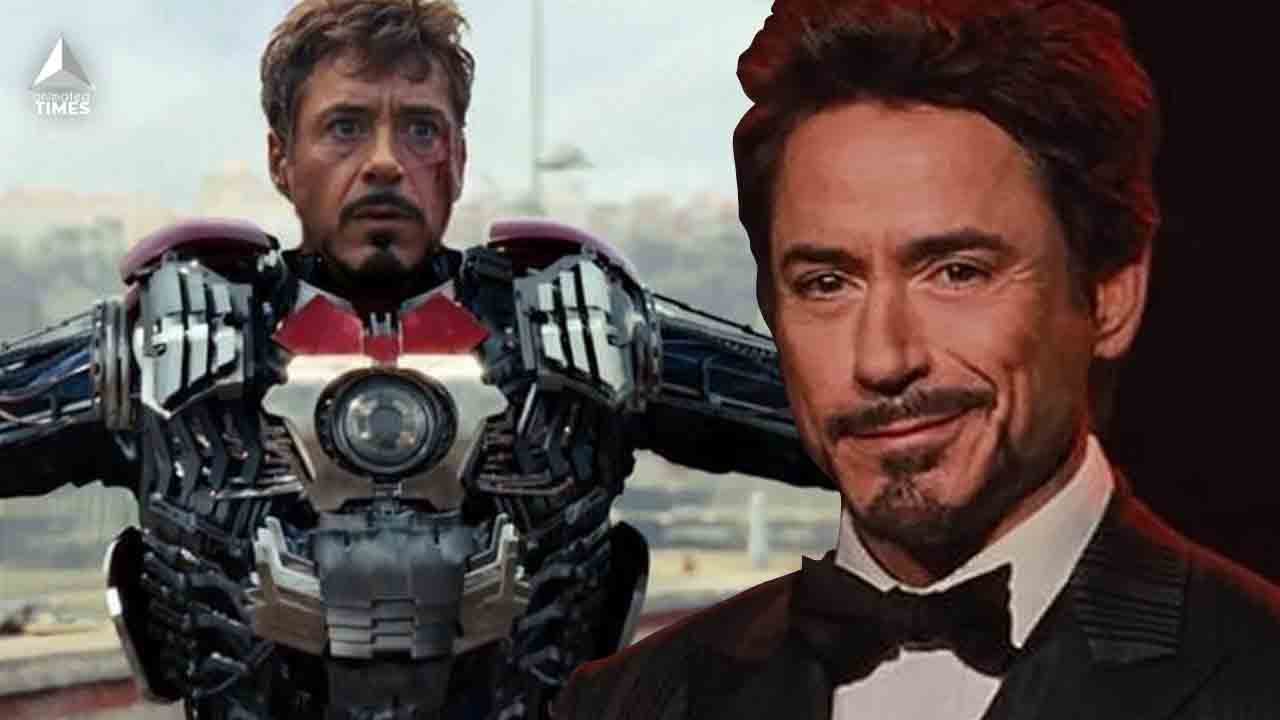Iron Man 2 Changed The MCU Forever And For The Better!
When Marvel Studios‘ “Iron Man 2″ was released in the theaters in May 2010, its critical reviews contained just a little of the love-struck enthusiasm and praise that were showered on its predecessor.
Roger Ebert said that while it got the job done, the movie was not as good as the original and went on to focus much of his review on praising the actors’ performances rather than the film as a whole.
However, The New York Times’s A.O Scott came a bit harder on the movie and said that the film ” [fulfilled] the basic requirements of the genre, which can be summed up as more of the same,” and noting that it failed to “achieve the emotional complexity of ‘Spider-Man 2’ or the operatic grandeur of ‘The Dark Knight.'”
Marvel Universe Quiz

The reviews were not necessarily that bad but they did contain an air of apathy and ambivalence that as Tara Bennett and Paul Terry’s “The Story Of Marvel Studios” revealed that the then-fledgling MCU wasn’t too keen on reliving. As per the book notes, “In addition to forcing Marvel to re-think the fast-tracking of sequels or their willingness to create a follow-up “just because,” the second installment in the “Iron Man” saga contributed to the universe in other ways as well.
Iron Man 2 Went on to introduce characters and created a more fully- realized Tony Stark!

The book points out that the film went on to introduce the fans to Scarlett Johansson’s Natasha Romanoff aka Black Widow and it also went a long way to create a more fully- realized Tony Stark by detailing his “family history, his complicated alliances, and his personal demons.” Additionally, the book even pointed out that ” the film gave rise to a sequel, Iron Man 3′, that received a much warmer reception three years later; even while accounting for the controversy around the movie’s infamous Mandarin twist.”

Even the New York Times review pointed out that the film took what was, at the time, a fairly major risk of being funny in a genre that had been “overtaken” by “solemnity.” And after more than a decade later, the audiences have become accustomed to the difficult balance between the humor and action that MCU has managed to nail in films like Thor: Ragnarok and Guardians of the Galaxy.
When Iron Man 2 was released, Christopher Nolan’s dark tales on DC Comics’ hero had come to define the genre. But Robert Downey Jr.’s ability to portray Tony Stark as wry and charming and at the same time being flawed and dangerous helped director Jon Favreau’s Iron Man 2 inject levity into both MCU and the genre on the whole.





